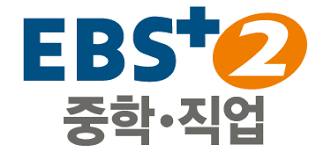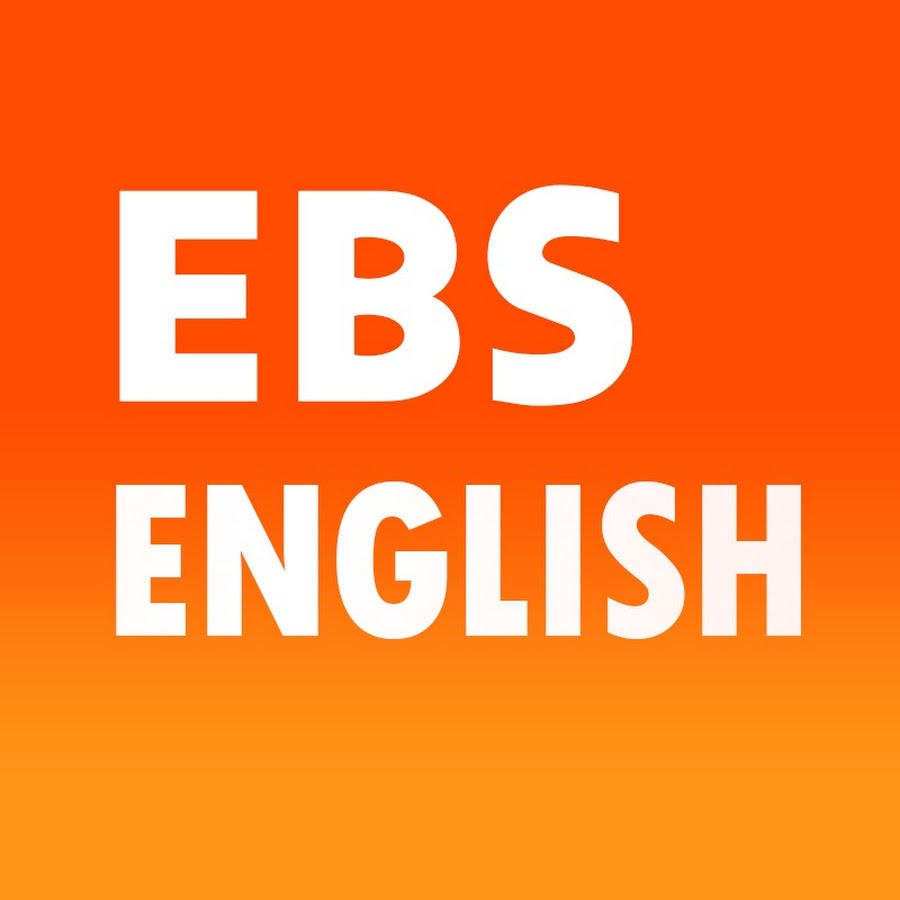http://lcotiv.com/tv/52478945027.html
YTN Group is a multimedia group of YTN, producing media, broadcast and telecommunication products.
YTN DMB is a mobile television channel, owned by YTN Group, that broadcasts news, documentaries, and cultural programs. It serves Seoul Capital Area and part of Gangwon Province.

http://lcotiv.com/tv/69624661903.html
Seoul Broadcasting System (SBS) (Korean: 에스비에스; RR: e-seu-bi-e-seu) is a national South Korean television and radio network company, owned by the Taeyoung chaebol. In March 2000, the company legally became known as SBS, changing its corporate name from Seoul Broadcasting System (서울방송). It has provided digital terrestrial television service in the ATSC format since 2001, and T-DMB (Digital Multimedia Broadcasting) service since 2005. Its flagship terrestrial television station is Channel 6 for digital and cable.

http://lcotiv.com/tv/06003693968.html
SBS Plus is a 24-hour drama and entertainment television channel in South Korea.
Programs
- I Order You
- Girls' Love Story
- Slimmy Lunch Box
- Among Chefs
- Janghodaegyeol Joonghwadaebanjeom (강호대결 중화대반점)
- Stargram
- Sonmattokeu show Veteran
- Wednesday 3:30 PM

http://lcotiv.com/tv/24045936010.html
Korea Educational Broadcasting System (한국교육방송공사) or EBS is a South Korean educational television and radio network covering South Korean territory, and the only major South Korean radio and television network without a separate regional service. Established as KBS 3, Seoul Animation Center and KBS Educational Radio in the 1980s, and became an independent corporation in 1990. EBS strives to supplement school education and promote lifelong education for everyone in Korea.
The main counterparts of this network are PBS in the United States, as well as BBC Two, BBC Four and CBBC in the United Kingdom, CCTV in the China, ABC in the Australia, ABS-CBN, and PTV in the Philippines, & Ecuador TV, and Gamavisión (Ecuador) in Ecuador.
Though nominally a public broadcasting entity, EBS gets most of its yearly budget from advertisements and sales revenue. In 2012, 72.1% of its revenue came from textbook sales, publications and ad revenues on its TV Radio and internet platforms, while the rest came from TV license fees (EBS gets 3% of the total License Fee being collected by the Korean Broadcasting System) and government grants.

http://lcotiv.com/tv/24487121399.html
Korea Educational Broadcasting System (한국교육방송공사) or EBS is a South Korean educational television and radio network covering South Korean territory, and the only major South Korean radio and television network without a separate regional service. Established as KBS 3, Seoul Animation Center and KBS Educational Radio in the 1980s, and became an independent corporation in 1990. EBS strives to supplement school education and promote lifelong education for everyone in Korea.
The main counterparts of this network are PBS in the United States, as well as BBC Two, BBC Four and CBBC in the United Kingdom, CCTV in the China, ABC in the Australia, ABS-CBN, and PTV in the Philippines, & Ecuador TV, and Gamavisión (Ecuador) in Ecuador.
Though nominally a public broadcasting entity, EBS gets most of its yearly budget from advertisements and sales revenue. In 2012, 72.1% of its revenue came from textbook sales, publications and ad revenues on its TV Radio and internet platforms, while the rest came from TV license fees (EBS gets 3% of the total License Fee being collected by the Korean Broadcasting System) and government grants.

http://lcotiv.com/tv/16333130976.html
Korea Educational Broadcasting System (한국교육방송공사) or EBS is a South Korean educational television and radio network covering South Korean territory, and the only major South Korean radio and television network without a separate regional service. Established as KBS 3, Seoul Animation Center and KBS Educational Radio in the 1980s, and became an independent corporation in 1990. EBS strives to supplement school education and promote lifelong education for everyone in Korea.
The main counterparts of this network are PBS in the United States, as well as BBC Two, BBC Four and CBBC in the United Kingdom, CCTV in the China, ABC in the Australia, ABS-CBN, and PTV in the Philippines, & Ecuador TV, and Gamavisión (Ecuador) in Ecuador.
Though nominally a public broadcasting entity, EBS gets most of its yearly budget from advertisements and sales revenue. In 2012, 72.1% of its revenue came from textbook sales, publications and ad revenues on its TV Radio and internet platforms, while the rest came from TV license fees (EBS gets 3% of the total License Fee being collected by the Korean Broadcasting System) and government grants.
- EBS Plus 2 (subscription television) — The main focus of this channel is "lifelong" learning, with various programs for younger and older viewers.

http://lcotiv.com/tv/28297038197.html
Korea Educational Broadcasting System (한국교육방송공사) or EBS is a South Korean educational television and radio network covering South Korean territory, and the only major South Korean radio and television network without a separate regional service. Established as KBS 3, Seoul Animation Center and KBS Educational Radio in the 1980s, and became an independent corporation in 1990. EBS strives to supplement school education and promote lifelong education for everyone in Korea.
The main counterparts of this network are PBS in the United States, as well as BBC Two, BBC Four and CBBC in the United Kingdom, CCTV in the China, ABC in the Australia, ABS-CBN, and PTV in the Philippines, & Ecuador TV, and Gamavisión (Ecuador) in Ecuador.
Though nominally a public broadcasting entity, EBS gets most of its yearly budget from advertisements and sales revenue. In 2012, 72.1% of its revenue came from textbook sales, publications and ad revenues on its TV Radio and internet platforms, while the rest came from TV license fees (EBS gets 3% of the total License Fee being collected by the Korean Broadcasting System) and government grants.
- EBS Plus 1 (subscription television) — The channel focuses greatly around the high school test curriculum and offers programming to complement and amplify the student's in-school education.

http://lcotiv.com/tv/65519907793.html
Korea Educational Broadcasting System (한국교육방송공사) or EBS is a South Korean educational television and radio network covering South Korean territory, and the only major South Korean radio and television network without a separate regional service. Established as KBS 3, Seoul Animation Center and KBS Educational Radio in the 1980s, and became an independent corporation in 1990. EBS strives to supplement school education and promote lifelong education for everyone in Korea.
The main counterparts of this network are PBS in the United States, as well as BBC Two, BBC Four and CBBC in the United Kingdom, CCTV in the China, ABC in the Australia, ABS-CBN, and PTV in the Philippines, & Ecuador TV, and Gamavisión (Ecuador) in Ecuador.
Though nominally a public broadcasting entity, EBS gets most of its yearly budget from advertisements and sales revenue. In 2012, 72.1% of its revenue came from textbook sales, publications and ad revenues on its TV Radio and internet platforms, while the rest came from TV license fees (EBS gets 3% of the total License Fee being collected by the Korean Broadcasting System) and government grants.
- EBS Kids (subscription television) — EBS' children's channel; formerly a simulcast of EBS Plus 1.

http://lcotiv.com/tv/61292110503.html
Korea Educational Broadcasting System (한국교육방송공사) or EBS is a South Korean educational television and radio network covering South Korean territory, and the only major South Korean radio and television network without a separate regional service. Established as KBS 3, Seoul Animation Center and KBS Educational Radio in the 1980s, and became an independent corporation in 1990. EBS strives to supplement school education and promote lifelong education for everyone in Korea.
The main counterparts of this network are PBS in the United States, as well as BBC Two, BBC Four and CBBC in the United Kingdom, CCTV in the China, ABC in the Australia, ABS-CBN, and PTV in the Philippines, & Ecuador TV, and Gamavisión (Ecuador) in Ecuador.
Though nominally a public broadcasting entity, EBS gets most of its yearly budget from advertisements and sales revenue. In 2012, 72.1% of its revenue came from textbook sales, publications and ad revenues on its TV Radio and internet platforms, while the rest came from TV license fees (EBS gets 3% of the total License Fee being collected by the Korean Broadcasting System) and government grants.
- EBS English (subscription television) — This is the network's English education channel, covering kids from kindergarten to grade 12.

http://lcotiv.com/tv/51452310817.html
Educational Broadcasting System (한국교육방송공사 / EBS) is a children's educational television and radio network headquartered in Seocho District, Seoul. It operates six television channels, EBS 1, EBS 2, EBS KIDS (formerly: EBS U), PLUS 1, PLUS 2 and EBSe.
